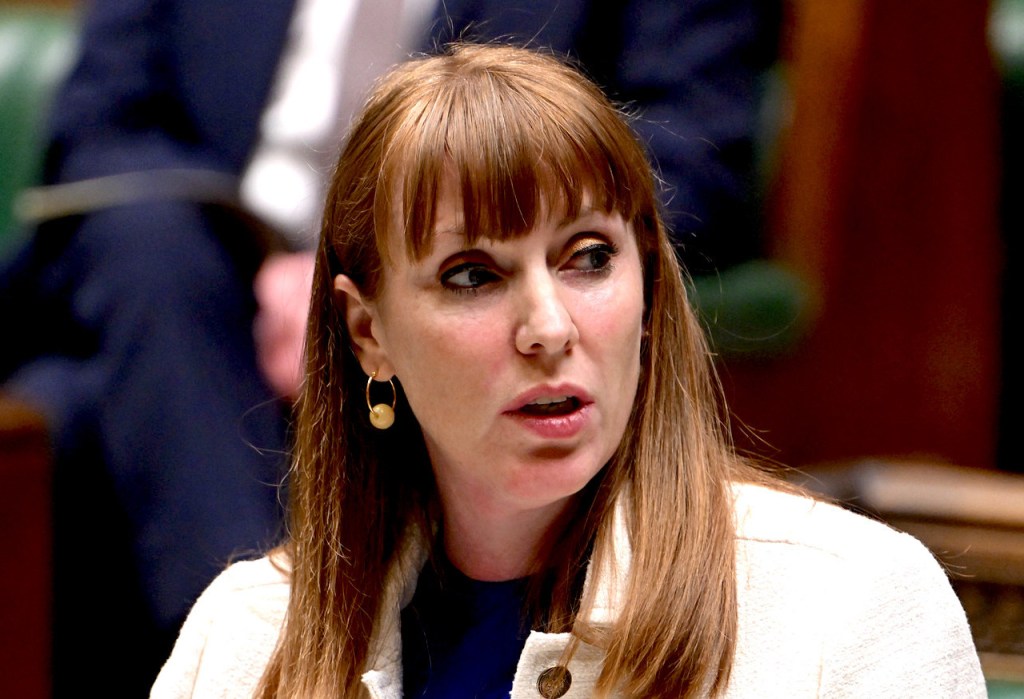The Health Secretary is making a big fanfare about a cash boost in the Budget and a new plan to reform the NHS so that it becomes a more community-based, prevention-focused service. But at the moment, his plan for the health service is very much in nascent form: the government is nowhere near close to publishing it and is instead going to start asking for ideas from the public and healthcare workers.
Wes Streeting’s ministerial colleague Stephen Kinnock sketched out how this consultation would run when he spoke at The Spectator’s health fringe at Labour conference. He told us that there would be a lengthy ‘national conversation’ about what people wanted from their health service which would feed directly into the spending review.
The phrase ‘national conversation’ is a bit alarming. One of Labour’s political problems is that it has set up a plethora of reviews and consultations on what it should do in key areas. This suggests it doesn’t appear to know what to do, even though it has had ample time in opposition to work it out. It’s one of Kemi Badenoch’s criticisms of Keir Starmer’s government: that it didn’t do the policy work when it had the opportunity to and is now scrabbling to catch up. That is, in one, sense quite unfair, given that we have known the direction of reform in the NHS for quite a few years: the preventive agenda predates Streeting, who picked up a lot of key ideas from his predecessor Jon Ashworth. But surely a long stretch in opposition, a review from Lord Darzi, and a very active healthcare thinktank world is enough to give Labour an idea of what the national conversation will yield.
One good reason for conducting this kind of exercise is that it makes it easier to claim that everyone is signed up to whatever reform the government then announces. It is a trick straight out of the New Labour playbook: the NHS Plan back in 2000 bore the signatures of almost all the organisations in the healthcare world to show that they were on board, even with the tricky stuff like targets.
Beyond that, there are some eye-catching ideas that media-savvy Streeting has put about for the weekend press: neighbourhood health centres which combine services including GPs and other community healthcare workers so that patients don’t have to travel ‘from pillar to post’ as they are being treated. It sounds like a good idea; so good, in fact, that it was tried repeatedly as the state got more involved in healthcare at the start of the 20th century, when governments were trying to design a national health service in the 1940s, and again in the 2000s when the last Labour government got very excited about something called ‘polyclinics’. None of the attempts came to much, and it’s worth noting the idea of polyclinics came from none other than Lord Darzi, who as a health minister advised New Labour to set them up, only for the Conservatives and Liberal Democrats to cancel them following furious opposition from doctors – and some patients in more rural areas. Anyway, this latest incarnation of the neighbourhood health centre isn’t news either: Streeting promised it when Labour was in opposition.
Another unanswered question is whether Streeting plans to keep Amanda Pritchard as chief executive of the health service. The chair of NHS England, Richard Meddings, announced this week that he would stand down early to make way for a more Labour-friendly figure. His departure had been expected for a while, but Streeting and Starmer have both demurred on whether they want to replace Pritchard too. They are smarter than Robert Jenrick, who this week called for Pritchard to be sacked: it is much easier to get rid of someone if the departure appears amicable than if your political opponents have been calling for their head.
Pritchard has been very careful to say at every opportunity that she is on board with the shift to preventive healthcare, and wrote today in the Sunday Times that ‘we have heard loud and clear from the Prime Minister and the Secretary of State for Health and Social Care there will be no NHS investment without reform’. She adds that ‘far from being daunted, we welcome that’ and goes on to define what she sees as being the improvements in productivity that the health service has to make. One of those changes, though, might include an overhaul of the NHS leadership. But the announcements this weekend haven’t really given us much more clarity.
Listen to more on Coffee House Shots:








Comments